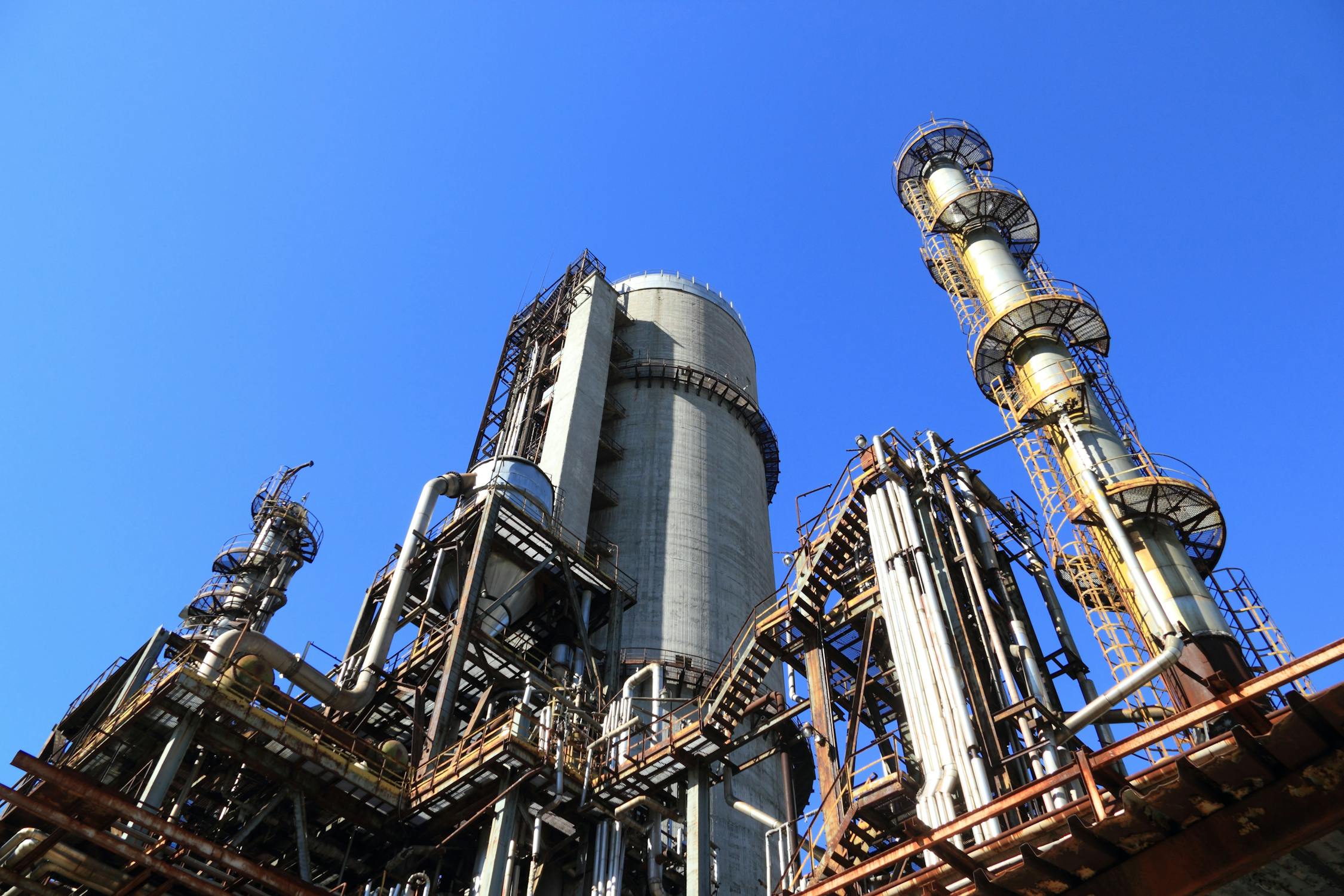EU Energy Platform: how the Union will be ready for next winter
 The European Commission has recently launched an initiative, quite new for the European Union, which foresees the involvement of European companies that are in need of purchasing gas on the international market: a joint platform to prepare Europe’s gas storage for next winter.
The European Commission has recently launched an initiative, quite new for the European Union, which foresees the involvement of European companies that are in need of purchasing gas on the international market: a joint platform to prepare Europe’s gas storage for next winter.
Via the AggregateEU mechanism, interested companies have been registered and they submitted their demand. They had time until 2 May 2023 to respond to the Commission call for demand aggregation and after the submission, the required volumes will be aggregated and put out to tender on the global market.
This EU Energy Platform is a key milestone for the Union to prepare for next winter by refilling its gas storage in a coordinated and timely manner, using its collective market power to negotiate better prices with international suppliers.
Once the AggregateEU mechanism matches the collective European demand with offers from international gas suppliers, the participating companies will enter into negotiations with suppliers on the contractual terms for the purchase and delivery of the gas. The Commission will not play any role in the negotiations. The first purchase agreements are expected before the summer.
Although the deadline to respond to the Commission’s call was the beginning of May, further tenders will be carried out on a regular basis, every two months over the next 12-month period and the possibility for companies to subscribe to the AggregateEU mechanism remains open.
To this date, 76 companies have registered, while others are in the process of subscribing. In addition, 11 companies are ready to provide services as a Central Buyer or an Agent on Behalf.
Member States have committed to participate in demand aggregation for a minimum of 15% of their national gas storage targets, representing around 13.5 billion cubic meters of gas per year.
The gas storage and joint gas purchasing targets were agreed in 2022 as emergency measures to respond to Russia's weaponization of its energy supplies, and to the unprecedented energy prices since the Russian invasion of Ukraine. They aim to reduce price volatility, ensure secure and predictable energy supplies, and harness Europe's collective market weight. To deliver on the REPowerEU Plan and diversify the EU's energy supplies, Russian gas is excluded from joint purchasing.